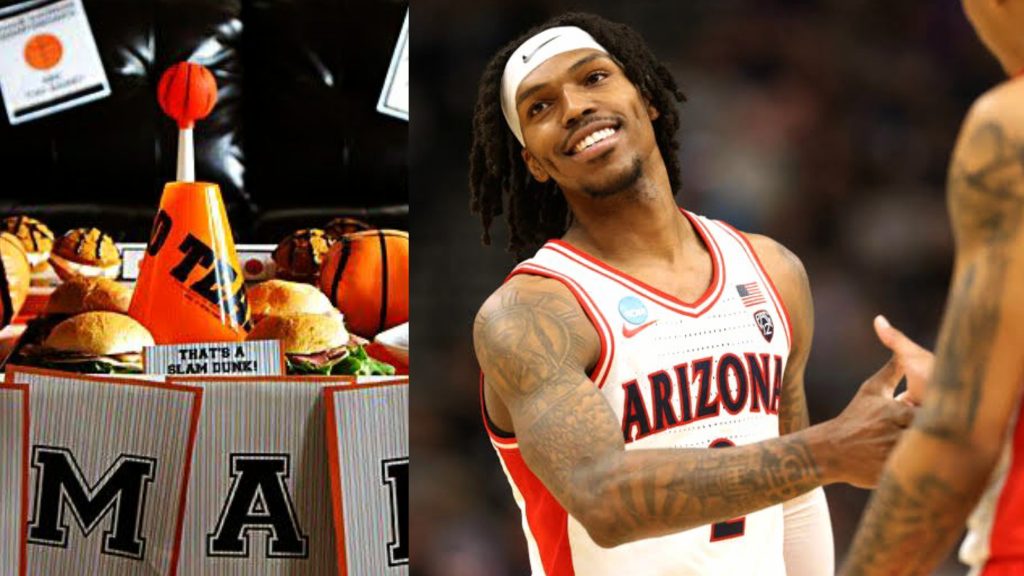
Game Changers: The Evolving Landscape of College Sports Finance

Amidst the thrilling chaos of the NCAA basketball tournament, a transformative shift in college sports dynamics unfolds, with players now openly receiving compensation for their talents. Introduced in 2021, this new era saw the N.C.A.A. relenting under legal and legislative pressure, permitting players to profit from their “name, image, and likeness,” initially intended for endorsements. However, the landscape has swiftly evolved into a realm dominated by collectives—groups of affluent supporters showering players with cash, fundamentally reshaping the game’s financial ecosystem. Now, with myriad collectives in play, top-tier players can command salaries exceeding a staggering $1 million, turning the offseason into a frenzy akin to professional free agency, especially for male athletes participating in the NCAA basketball tournament. Despite attempts by the N.C.A.A. to regulate this burgeoning system, a recent legal setback has left it largely unchecked, casting both fortunes and uncertainties across the men’s Sweet Sixteen teams.
Exploring the diverse approaches adopted by these collectives reveals the intricate tapestry of this new paradigm. Bleeding Blue for Good, backing the University of Connecticut’s teams, stands out for its equitable compensation between men’s and women’s basketball players, leveraging commercial avenues and charity initiatives. San Diego State’s collective capitalizes on memorable moments, monetizing last-second heroics with framed photos and endorsing a “Buzzer Beater” quesadilla. Meanwhile, Illinois’ ICON Collective faces scrutiny from the I.R.S. for its purported charitable activities, prompting questions about its financial model. Iowa State pioneers novel revenue streams, trading branded beverages and pizzas for athlete remuneration, highlighting the quest for financial diversification.
In a bid to maintain control amidst this upheaval, universities like North Carolina are contemplating centralizing collectives, seeking tighter oversight. Conversely, the University of Alabama’s collective operates under a shroud of secrecy, raising concerns about compliance with N.C.A.A. regulations. Clemson’s foray into collective territory ended abruptly following IRS admonitions, underscoring the precarious legal terrain. Notably, Arizona bucks the football-centric trend with sports-specific collectives, offering lucrative opportunities for men’s basketball players.
Unveiling the Playbook: Inside College Sports’ Bold Financial Revolution

Further illustrating the intricate web of incentives, the University of Houston’s LinkingCoogs strikes endorsement deals, while Duke pioneers dedicated managerial roles to navigate the burgeoning landscape. N.C. State’s Savage Wolves collective offers personalized perks, showcasing the symbiotic relationship between donors and athletes. Marquette innovates with fan-driven pledges tied to on-court performance metrics, reflecting the evolving fan engagement strategies.
Meanwhile, Purdue navigates international regulations, leveraging passive endorsements for its star Canadian player, Zach Edey. Gonzaga’s B.P.S. Foundation orchestrates a novel funding model, channeling donor contributions to for-profit entities, despite concerns about nonprofit independence. Creighton prioritizes athlete education, offering seminars on financial literacy alongside paid engagements with children. The University of Tennessee’s Volunteer Club courts controversy, embroiled in legal battles over recruit inducements, challenging the N.C.A.A.’s authority.
As the tournament intensifies, the confluence of athletic prowess and financial incentives reshapes the collegiate sports landscape, underscoring the enduring quest for balance between amateurism and commercialization. Amidst the roar of the crowds and the thrill of victory, the true champions may well be those adept at navigating this new frontier of collegiate athletics.


Nice job to the NCAA and it’s team